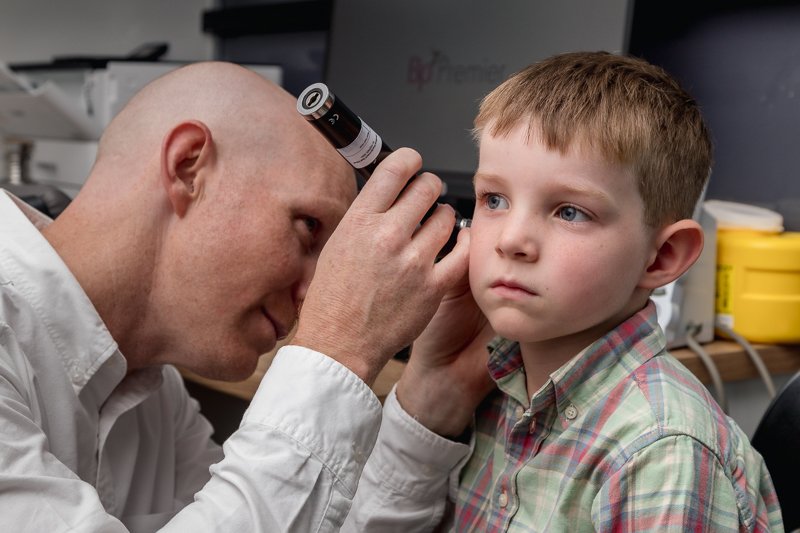What Is Hepatitis C?
Hepatitis C is a virus in your blood that affects your liver. It can be acute (you recover quickly) or chronic (lasting a long time).
As it always does, your body’s immune system will try to get rid of the virus. About 25% of people with Hep C manage to get rid of the virus themselves because their immune system succeeds in fighting it off.
For the remaining 75% of people with Hepatitis C, the virus lingers. If you’ve had Hep C for more than 6 months, it’s become a chronic infection. About 150,000 Australians have chronic Hep C – and many don’t know they have it. You might not feel unwell but the virus is still in your liver and will remain there unless it is treated.
How Does Hepatitis C Affect My Liver?
Your liver is a large internal organ that performs many important functions in your body. It filters your blood, detoxifies chemicals (like alcohol) and processes any medications.
Hepatitis is an inflammation of the liver. It can be caused by drugs, alcohol, or certain medical conditions but, it’s most commonly caused by a virus such as Hepatitis C (the HCV virus).
Left untreated, the Hepatitis C virus can cause significant liver damage including cirrhosis, liver failure or liver cancer.
How Do You Get Hepatitis C?
Hepatitis C is transmitted in blood. To contract Hepatitis C, your blood has to come into contact with infected blood.
If unsterile equipment is used on you for medical procedures, tattooing or body piercing, you could get Hep C. Similarly, if you share needles, syringes or other injecting equipment you risk getting Hep C. If you’re worried about transmitting Hep C to others, then you can reduce the risk by taking extra precautions at home and when seeing service providers who might be exposed to your blood, such as dentists.
Some babies get Hepatitis C from their mothers at birth. If you are pregnant and have Hep C, talk to your doctor about how to protect your baby.
What Are the Signs and Symptoms of Hepatitis C?
You might not feel unwell with Hepatitis C but, if you do, you may notice symptoms such as:
● Jaundice (yellowed eyes and skin)
● Flu-like symptoms
● Joint and muscle aches
● Abdominal pain
● Fatigue
● Vomiting
● Dark Urine
How Is Hepatitis C Diagnosed?
If your doctor suspects you have Hep C, they’ll order blood tests. These can show if you’ve ever had Hep C and if you have it now.
If the virus is still in your system, your doctor may order other tests to check the amount of the virus in your blood and how it’s affecting your liver. Those results help your medical team decide how to treat you.
How is Hepatitis C Treated?
Hep C is now usually treated with a medication called direct-acting antivirals (DAAs). There are a few types of these, depending on the type of Hepatitis C being treated, but you’ll usually need to take them for 2-3 months.
A few months after you finish treatment, you have another blood test to check that the virus has gone.
Can You Prevent Hepatitis C?
You can’t be immunised against Hep C. If you take intravenous drugs, don’t share or reuse other people’s injecting equipment or any preparatory equipment they’ve used as it may contain small amounts of blood.
And, if you want a tattoo, go to a reputable Australian tattoo parlour. Don’t get a tattoo overseas or done by a mate in your backyard.
How Can We Help?
At Peregian Family Medical Centre, we will talk about your symptoms and test you for Hep C if we think it’s warranted.
If you do have Hep C, we will start treating the virus and any complications. Depending on how the virus has affected your body, we may refer you to a liver specialist for management.
We want to be sure that you’re now free of Hep C so, after a few months, we’ll order another blood test. That should reassure you that you are now in good health.
So, if you’re worried that you might have picked up Hep C somewhere, please come and see us. You can make an appointment online or call us on 5471 2100.






